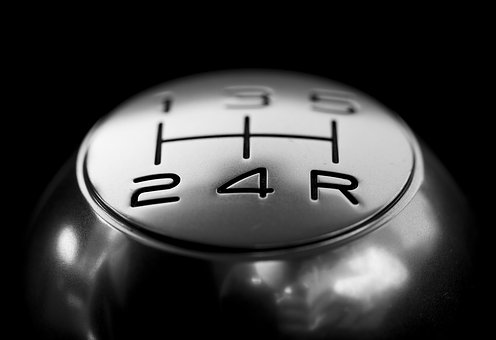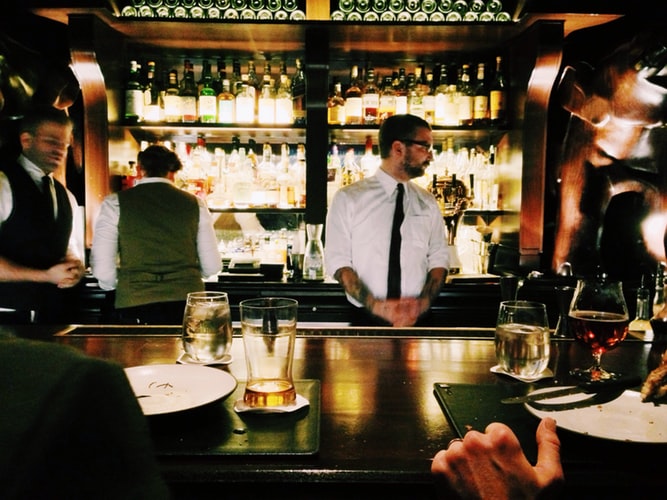4 Scheduling Tips for High Season
Your schedule is at the core of how you run your business on a day to day basis. A restaurant schedule is dynamic, changing almost every week, and when you get really busy it can become a point of contention. Giving your employees enough hours is not going to be the issue, the problems lies in them being overworked, having the wrong employees and the wrong team scheduled for the busy shift, along with other items. Here’re some handy tips for scheduling during exceptionally busy periods of the year.
Days Off are More Important Now
When it’s busy it’s BUSY! You will need to lean on your staff more than you usually do and they will feel like they live at work; just like you might. But, now more than ever, their days off are important. It is imperative that you make sure they get their time off; or as much as you can give them. A good practice -regardless of whether or not your venue is busy- is not scheduling them the night before and the morning after their day, or days, off. This extends their period away from your venue that little bit more, giving them more time to relax, recuperate and live their own lives.
Another underused tactic is bridging schedules to ensure that all employees get two days off. We usually only think inside the schedule we’re writing, but, in reality, there’re schedules either side of the one you’re working on. Give someone the first and last days off of each schedule and voila! you’ve just given yourself extra space to manage everyone’s days off.
Managing Overtime
Overtime is expensive and we try not to have to pay the extra money for it but sometimes it is necessary. Maybe think about hiring a seasonal employee to help with the extra hours and shifts. If this is not an option then make sure that it is your most valuable and hardest working employees whom get given overtime first. They’re the ones who deserve it and they’re the ones who will repay you for your faith in them ten times over with how hard they work.

Shifting the Shift Change
With times getting busy the lull that usually occurs during the middle of the day may either shift to a different part of it or barely happen at all. This will often mean that the changeover between shifts becomes quite chaotic, sometimes resulting in tainting the guest’s experience. This is not something you want. Look back at your POS reports from previous years and see where the quietist part of your day might be during high season and adjust your changeover time accordingly. If this is not possible then a meeting with your staff to establish protocols and assign duties might be necessary to ensure continued smooth changeovers.
Be in Touch With Your Employees
Now more than ever is when you need to be in touch with your employees, how they’re feeling and whether or not they have a good work life balance. You should already have a good idea of the workload that each of your employees can take on and should be scheduling accordingly. There’re also events that happen in their personal life which will affect them at work. During busy times, when stress is heightened for everyone, these personal life events can also have a knock-on effect in the workplace. Keep a look out for this and make sure you look after your staff through your scheduling practices.

We work in such close quarters together in a high pressure environment that anything that affects one persons mood can have a ripple effect throughout your venue. This can quickly affect the guest experience and do tremendous damage to your business. When we enter a high season or busy period of business it is of paramount importance that you concentrate on employee welfare to keep your restaurant running smoothly. Not only will your employees thank you but they’ll also reward you for taking care of them with their efforts at work. All of this will help boost your business from a guest and an employee perspective.



